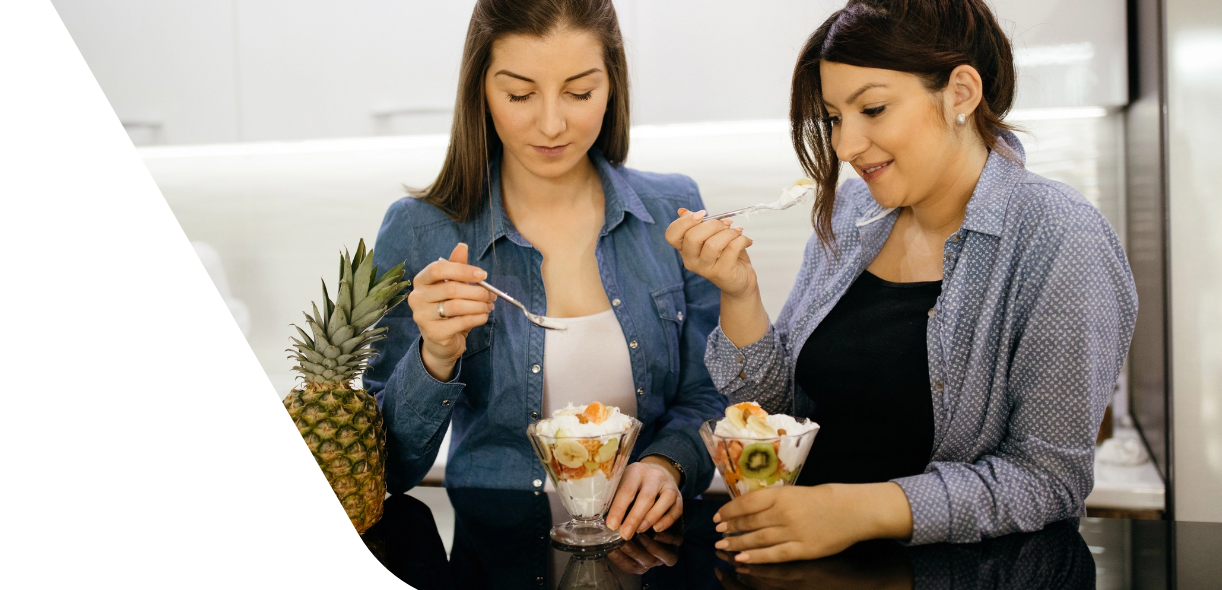Limit or avoid the following foods during pregnancy and breastfeeding:
Caffeine
Limit your caffeine intake to 300 mg/day, the equivalent of 1 to 2 cups of coffee. Beware of energy drinks - they can be loaded with caffeine.
Herbal teas
Citrus, ginger, lemon, orange or rose hip herbal teas (up to 3 cups/day) are acceptable, however other teas may have a harmful effect.
Alcohol
All forms of alcohol, including hard liquor, wine and beer, are dangerous to your baby's health.
Ready-to-eat meats
Deli meats, patés and hot dogs all bring a slight risk of listeria infection.
Raw or undercooked meat, poultry and eggs
(including "rare" burgers, steaks and runny eggs) can harbour harmful bacteria such as salmonella.
Unpasteurized foods
(including milk, juices and cheeses) can also contain illness-causing bacteria.
Fish and shellfish
(including swordfish, marlin, fresh/frozen tuna, orange roughy, escolar and shark) may contain high levels of mercury. Limit consumption of these types of fish to no more than 150 g per month (approximately 1 cup). Also avoid raw or undercooked shellfish. Eat no more than 300 g (approximately 2 - 170 g cans) per week of canned albacore (white) tuna, but eat as much as you like of other types of canned light tuna which are low in mercury (such as skipjack, yellowfin and tongol).
However, other kinds of fish are extremely beneficial to your baby's health. Fish is an excellent source of DHA (an Omega-3 fat), which supports baby's normal brain and eye development. Eating well with Canada's Food Guide recommends that Canadians eat at least 2 servings (of 75 g or 2 ½ oz each) of fish a week*. Choose fish that are high in DHA and low in mercury such as salmon, mackerel, herring, rainbow trout, canned light tuna, Pollock (Boston Bluefish), sole and hake.
Learn More about DHA
*Health Canada provides advice for limiting exposure to mercury from certain types of fish.







